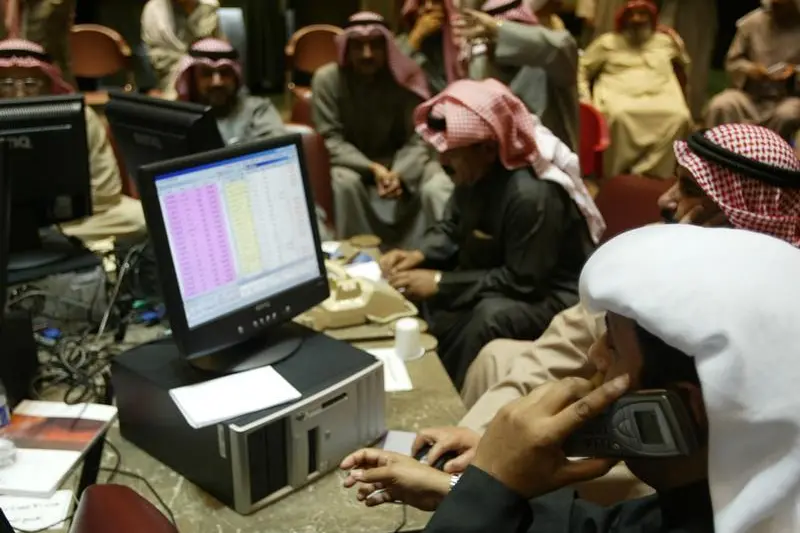PHOTO
Last month Kuwait announced plans to create a new fund to manage its domestic assets, signalling a key step forward in the country's push to privatise state-owned companies.
While Kuwait has experimented with privatisation in the past, the climate of significantly reduced oil prices, which have reached a 12-year low, has added a greater sense of urgency.
Fund facts
The new fund is expected to manage up to $100bn in local assets, which are set be sold to private investors over the next five to seven years, according to media reports.
The sell-offs also form a key part of the government's plans to encourage the private sector to play a greater role in Kuwait's long-term economic development.
Stakes in local companies, power and water projects will reportedly be included in the fund, as well as other assets currently under the management of the Kuwait Investment Authority (KIA), which also oversees a sizeable international portfolio.
Kuwait's drive to create a new sovereign wealth fund comes nearly a decade after the government first began preparing the groundwork for the sale of state-owned Kuwait Airways.
Long time comingIn May 2010 parliament approved a privatisation bill that would pave the way for the sale of Kuwait's state-owned entities, including certain downstream energy assets. While the bill maintained a ban on the privatisation of oil and gas production and refineries, as well as entities in the health or education sectors, it offered an avenue for the government to reduce its stake in other major assets to 20% or less.
The legislation would have given Kuwaiti nationals the opportunity to buy 40% of shares of privatised firms through an initial public offering (IPO), with at least 35% to be offered to local, listed shareholding companies via public auction.
Under the regulations, the Supreme Privatisation Council, led by the prime minister, could also approve other companies to participate in public auctions. Earnings from the privatisation process were to be added to the government's budget revenues, with a minimum of 50% allocated to the Future Generation Fund, which is controlled by the KIA.
However, the state's privatisation agenda has largely stalled since 2010, with the sale of major assets, including Kuwait Airways and the Kuwait Stock Exchange, delayed on multiple occasions as the government debated how best to approach the privatisation process.
While earlier proposals had suggested the government would retain a 20-40% stake in the Kuwait Airways, in mid-June a new structure was approved, which included 75% state ownership. According to the new plan, 20% of shares will be offered to Kuwaiti citizens, with another 5% to be sold to current and retired airline employees.
Oil impetusKuwait's latest plans for privatisation are advancing at a time when the country, like many of its GCC peers, is facing significant budget constraints as a result of weaker energy receipts, despite having the lowest breakeven price in the Organisation of Petroleum Exporting Countries (OPEC), at around $50 per barrel, according to IMF estimates.
Hydrocarbons account for roughly 60% of Kuwait's GDP and close to 95% of export revenues, according to OPEC.
With the Ministry of Finance projecting a record deficit of KD11.5bn ($38.6bn) forecast for FY 2016/17, equivalent to nearly 30% of GDP, accelerating its privatisation plans could represent a welcome turning point for Kuwait.
Other Gulf countries have also turned to privatisation as a means of bolstering flagging state revenues.
Saudi Arabia surprised analysts when it announced in early January that it was considering listing shares of state-owned Saudi Aramco, the world's largest oil producer and most valuable company. Meanwhile, in the UAE, officials at state-owned health care operator Abu Dhabi Health Services have announced similar plans to privatise as-yet-unnamed health care assets.
© Oxford Business Group 2016





















